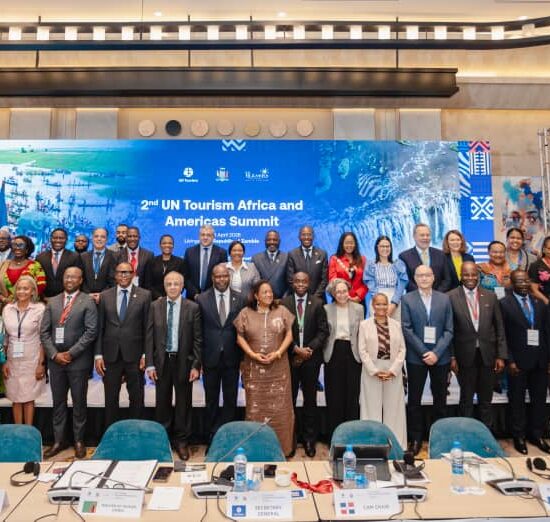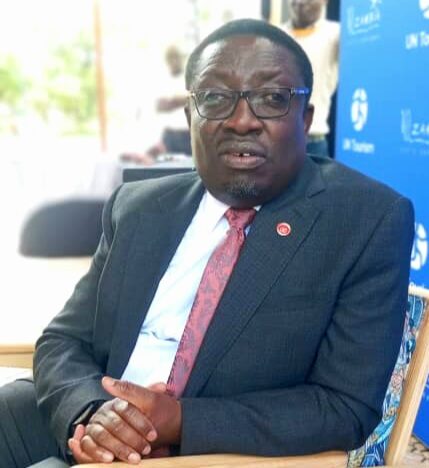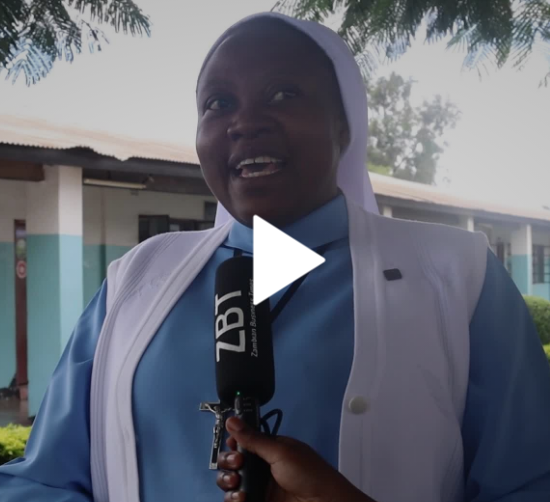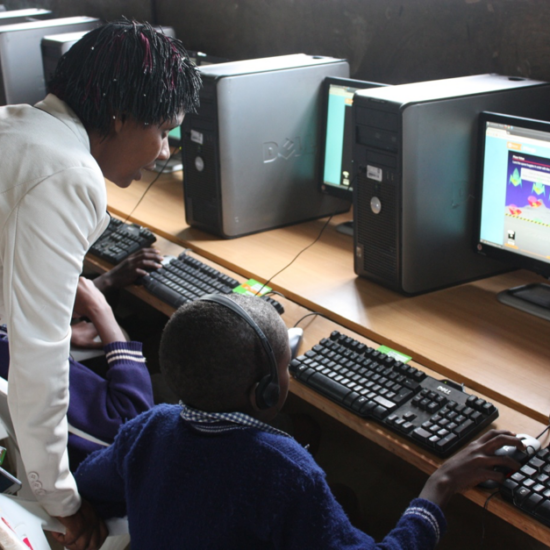
An energy expert has questioned the excitement and infatuation by power utility ZESCO to export electricity when only 30% of Zambians are connected to the national grid and have access to electricity.
Ideally, one would expect that the initial aim would be to get more citizens connected and have access to electricity via the national grid before thinking of exports, but there seems to be more focus on exporting and little to no mention on targets to increase local citizens connection and access to power from the national grid.
The energy expert disclosed that about 70% of the population of Zambia have no access to the national grid and only about 30% are connected. According to the Energy Minister Peter Kapala, Zambia is expected to export 180 MW to Namibia and further 100 MW to Zimbabwe following the enhanced generation capacity of 1,156mw.
ZESCO Managing Director Victor Mapani said currently the installed national generation capacity stands at 3,456.8MW against a peak national demand of approximately 2,300MW, giving the country an excess production of over 1,000 MW.
Speaking in an interview with the Zambian Business Times – ZBT, Energy expert Bornface Zulu said the exporting of electricity is more playing to the political side of things rather than a technical aspect, they are not putting Zambia and Zambian citizens first as a priority because this means that they are comfortable with what they are producing and whatever number or percentage of citizens that they are giving electricity to.
Zulu said Government should explain what percentage and cost is the country doing this, what is the money coming in as foreign exchange etc used for, is it just for paying workers or maintenance of system.
“The population is growing and there is a huge demand on the local market already. The National grid only supply the electricity to 30% of the population when the other 70% have not had access to electricity.” This should be prioritized as access to electricity is part of development, He said.
He observed that there is already a shortage within the local system, since connection and coverage has not been optimized, there is need to extend the grid to cover the other other 70% of Zambians who are not on the grid. Will Zambia still have a surplus if the other 70% of the population is connected to the grid? or will the country linger back in darkness or load shedding?
He however said exporting of power is a good for the country as it brings improved bilateral relations by selling the power to neighbours but it will be very much better to prioritise our very own local people, our citizens and local businesses in Zambia before we concentrate on exports.







